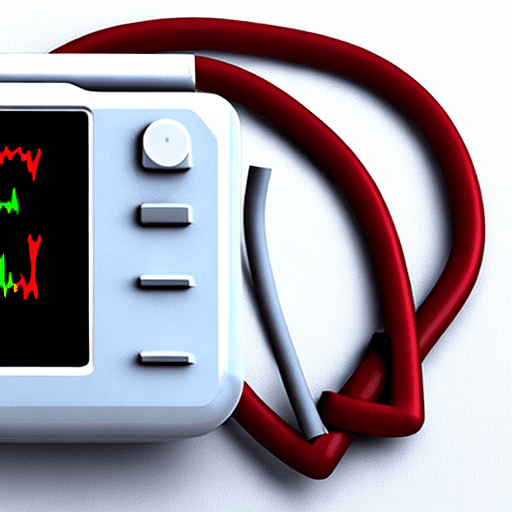A heart monitor typically alerts healthcare providers and individuals to changes in the heart’s pulse, which can be crucial in monitoring cardiovascular health. However, the idea of a “heart monitor with zero pulse” sparks interest and curiosity, possibly presenting a scenario where a person’s heart may not be beating or registering any electrical activity. Such a case could indicate a grave medical emergency, prompting immediate intervention or medical attention to address the lack of a pulse detected by the monitor.
In medical settings, a “zero pulse” reading on a heart monitor could be interpreted as a life-threatening situation that warrants quick assessment and interventions by healthcare professionals to attempt resuscitation or heart stimulation methods. Beyond the medical implications, the notion of a heart monitor displaying no pulse suggests a technologically anomalous situation, hinting at potential malfunctions, errors, or beyond the ordinary circumstances not frequently encountered in typical health monitoring procedures.
Considering the implications of a heart monitor with “zero pulse,” it is crucial to acknowledge the variability presented in healthcare technology, underscoring the significance of accurate and timely monitoring for patient care. This scenario prompts thoughts about the reliability and vulnerabilities inherent in health monitoring systems, reminding us of the importance of constant advancements and vigilance in diagnosing and managing individuals’ health conditions promptly and effectively.
Furthermore, hypothetical considerations around the concept of a heart monitor displaying “zero pulse” may extend into the realms of moral and ethical inquiries, where the swift response required in such critical situations brings to the forefront discussions on end-of-life care, resuscitation preferences, and the complexities inherent in decisions concerning life support measures. Philosophically, this notion invites contemplation on the line between life and death, functional capabilities of medical devices in extreme scenarios, and the ethical dilemmas that can arise in managing cases with severe cardiac implications depicted through unimaginable monitor readings.
Into these uncertainties and compelling situations, lies the core essence of healthcare – the multifaceted and intricate dance between advancing technologies, medical expertise, and the paramountcy of human life and empathy. The existence of a heart monitor with “zero pulse” as a subject for exploration brings into focus the intricate relationship between medical emergencies, techno-savvy advancements, and the delicate threads binding individuals’ survival to the rapid responses and careful considerations by healthcare professionals in intricate, high-stakes situations. Beyond its immediate shock value, the headline unfolds layers of over arching implications addressing healthcare ethics, technological accuracy, medical urgency and contemplations on mortality that pervade discussions around health crises typically hidden within clinical settings, but extraordinary as the idea of a heart once frigid reflecting no palpitations itself.







